The recent developments at the Pakistan Minerals Investment Forum 2025 mark a turning point in Pakistan’s pursuit of energy and mineral self-reliance. The signing of a joint bidding agreement between Pakistan and Turkiye for offshore oil and gas exploration reflects a strategic alignment aimed at unlocking untapped reserves in the country’s offshore basins. At the same time, significant progress in copper and gold exploration by private sector entities signals a broader shift toward serious, long-term investment in Pakistan’s natural resource sector.
Under the agreement, major Pakistani exploration and production companies—Mari Energies, OGDCL, and PPL—will partner with Turkiye Petrolleri Anonim Ortakligi (TPAO), the Turkish state-owned oil company, to bid jointly for offshore blocks in the Makran and Indus basins. These basins have long been considered promising, but have remained largely underexplored due to political and logistical constraints. Now, with 40 offshore blocks up for grabs and a renewed push to attract foreign direct investment, the government has sent a strong signal that it is serious about harnessing offshore energy.
This collaboration is not just about capital—though that’s important—it’s also about access to modern seismic technology, advanced drilling methods, and skilled human capital. Pakistan’s Petroleum Minister Ali Pervaiz Malik emphasized that seismic data already indicates strong potential, and the government stands ready to offer full institutional support to ensure these opportunities are not squandered. The alliance with Turkiye brings credibility and capability, both of which are crucial at this stage.
Parallel to the offshore push is an exciting development onshore. National Resources Limited (NRL), a private Pakistani company backed by Fatima Fertilizer, Liberty Mills, and Lucky Cement, has announced a major copper-gold discovery in the Chagai district of Balochistan. This is the same region that hosts the Reko Diq mine, considered one of the world’s largest undeveloped copper-gold deposits. Over 15 months, NRL has identified 18 prospects, and one of them—Tang Kaur—is already in advanced drilling stage.
The implications here are huge. The project could help reduce Pakistan’s dependence on imported minerals and bring in foreign currency through exports. It’s also a rare instance of a fully domestic, privately-led mineral exploration effort at this scale. With a $100 million exploration fund and a local employment rate above 90%, NRL is not only advancing economically but also socially, contributing to local development in water, education, and health. If managed transparently and with sustainability in mind, this could be a model for future ventures.
There’s more happening behind the scenes. Pakistan is also strengthening ties with Saudi Arabia in the energy and mining sectors. A high-level Saudi delegation led by Deputy Minister Abdulrahman Al-Belushi met with Minister Malik to explore new investments and cooperation. The meeting led to plans for deeper engagement between geological surveys of both countries, with a focus on technology and knowledge sharing.
The message from all this is clear: Pakistan is open for business in energy and minerals—and it’s aiming higher this time. Events like the Minerals Investment Forum are proving effective in attracting attention, not just from regional allies like Turkiye and Saudi Arabia, but also from serious private players at home. The government’s willingness to support exploration through policy facilitation and international outreach is a step in the right direction.
Still, success will depend on implementation. Strong regulatory oversight, transparency in contracts, environmental safeguards, and local community inclusion will all determine whether these promising beginnings deliver long-term national benefit. If Pakistan can get that balance right, it may well be on its way to reshaping its energy and mineral destiny. It is good gesture that with above valuable agreements both the brotherly Muslim country would become closer in the future and it boost their economy.

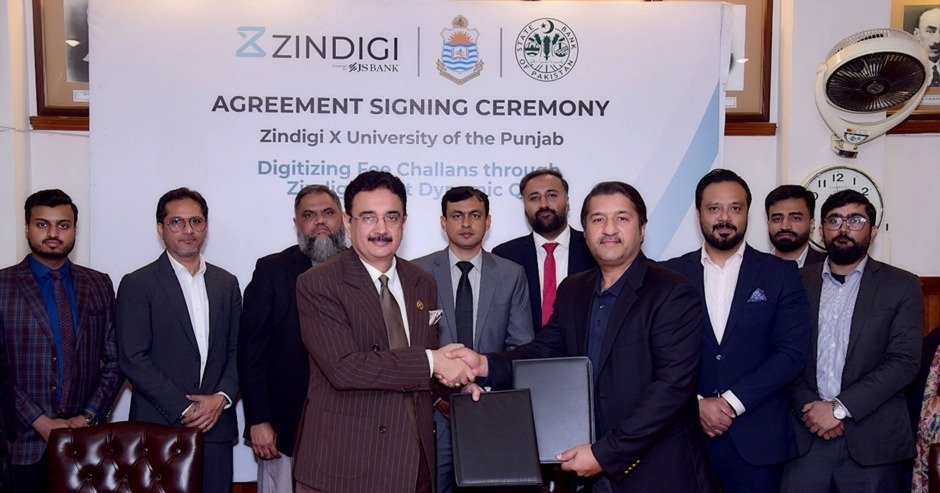

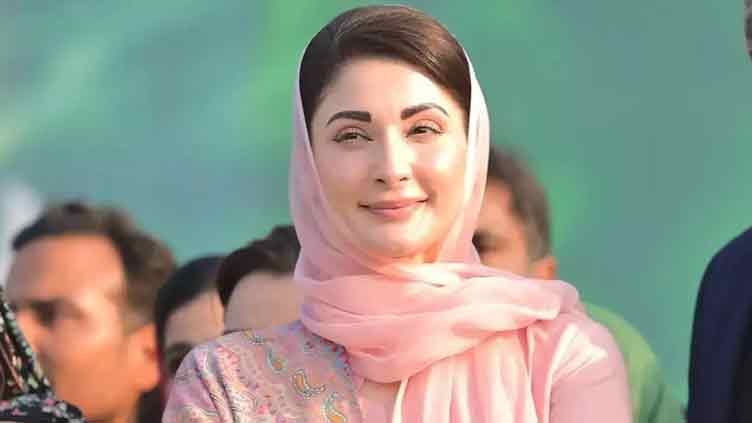
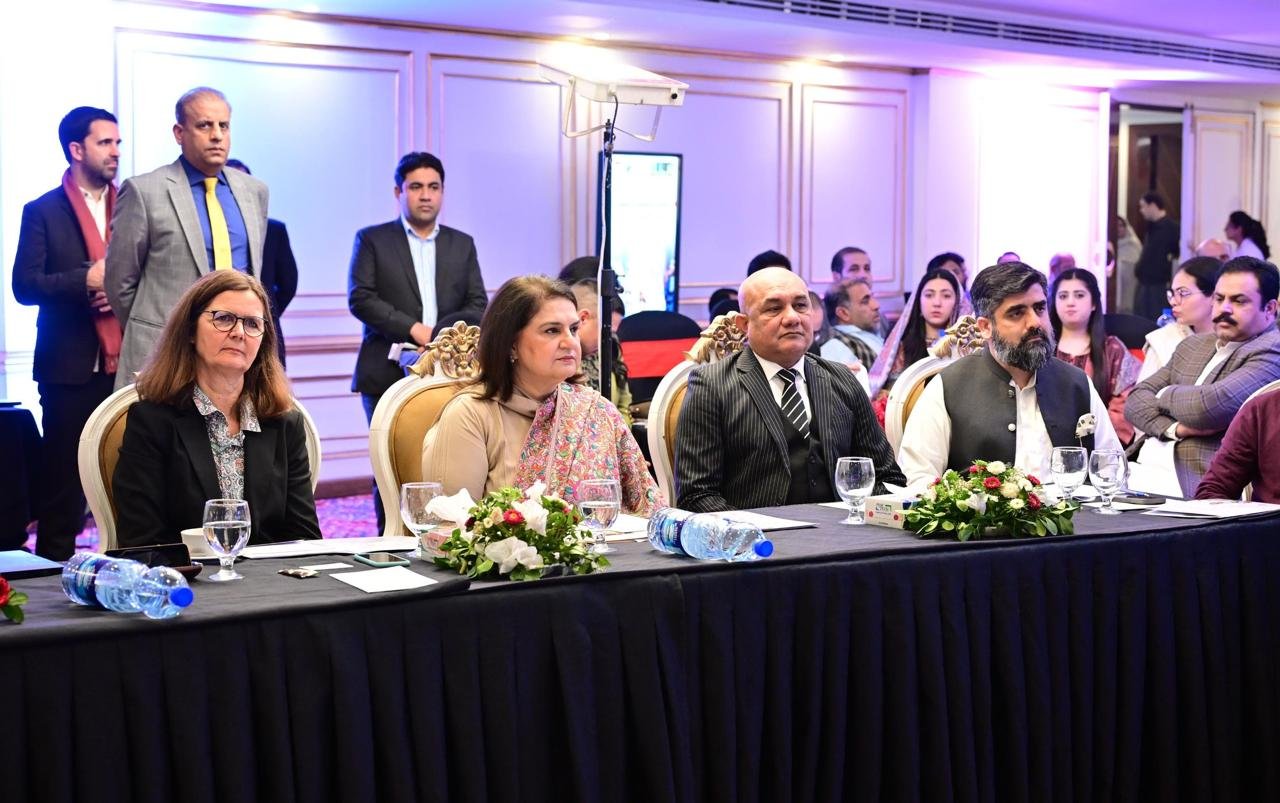
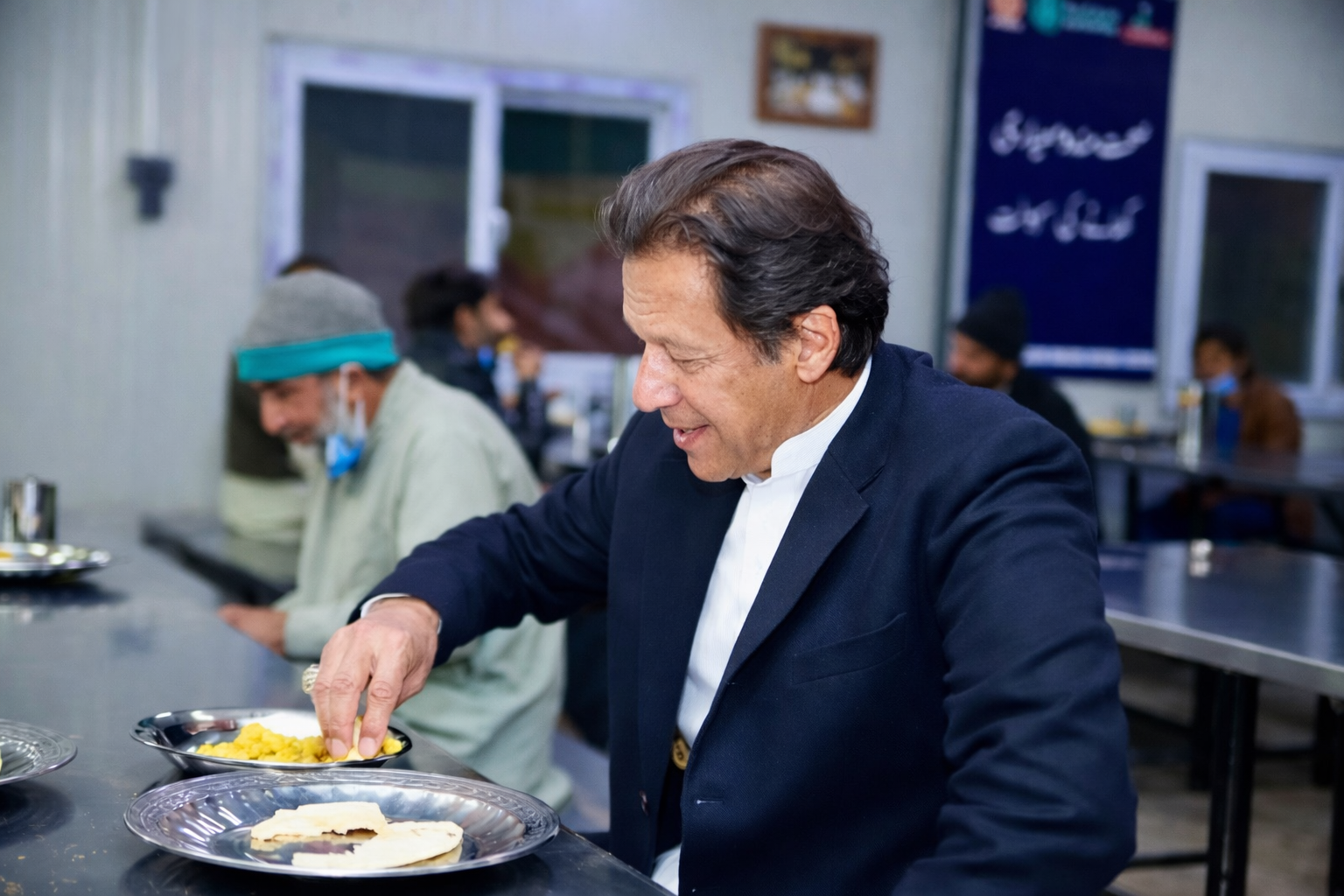
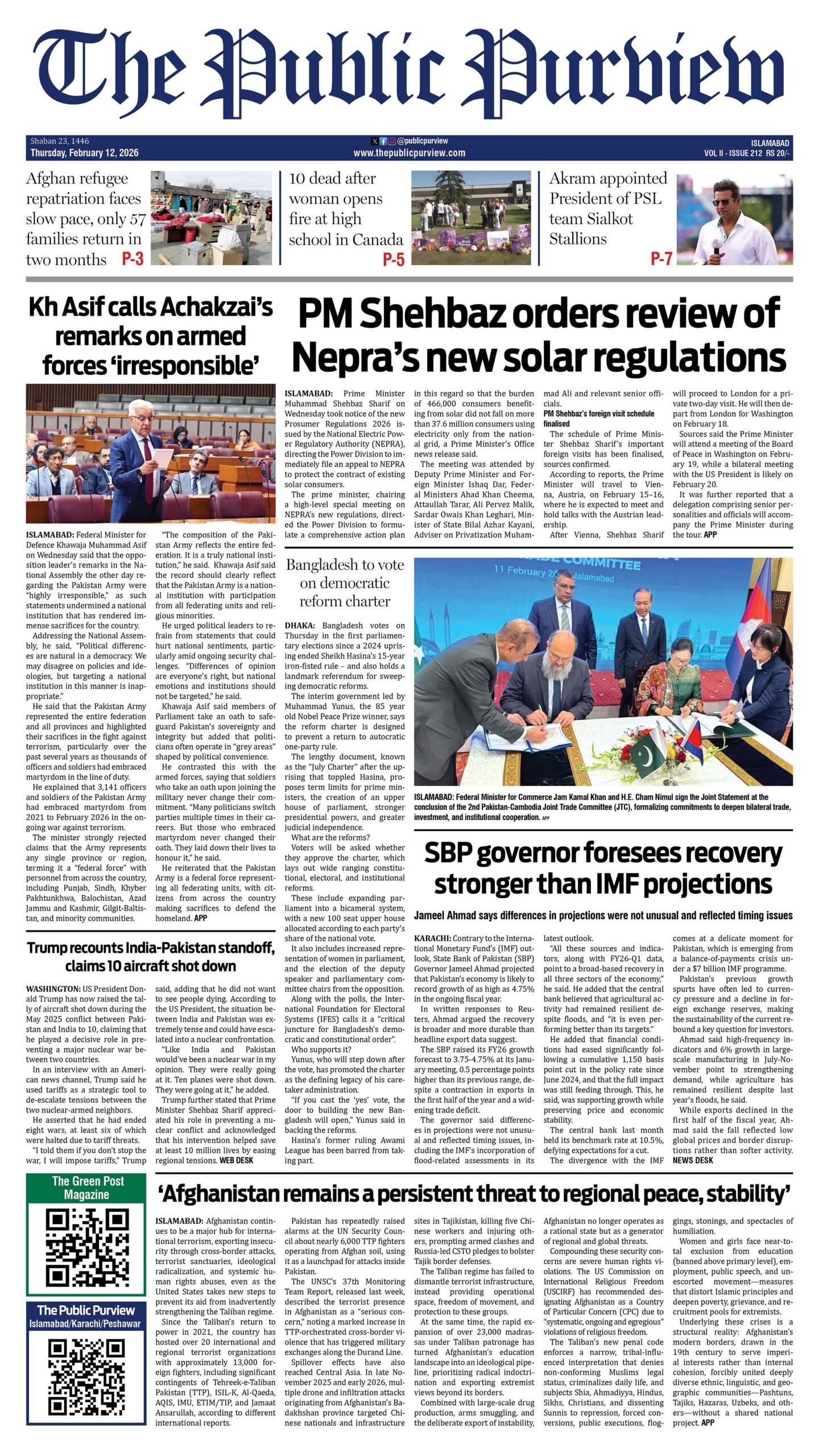 Today's E-Paper
Today's E-Paper